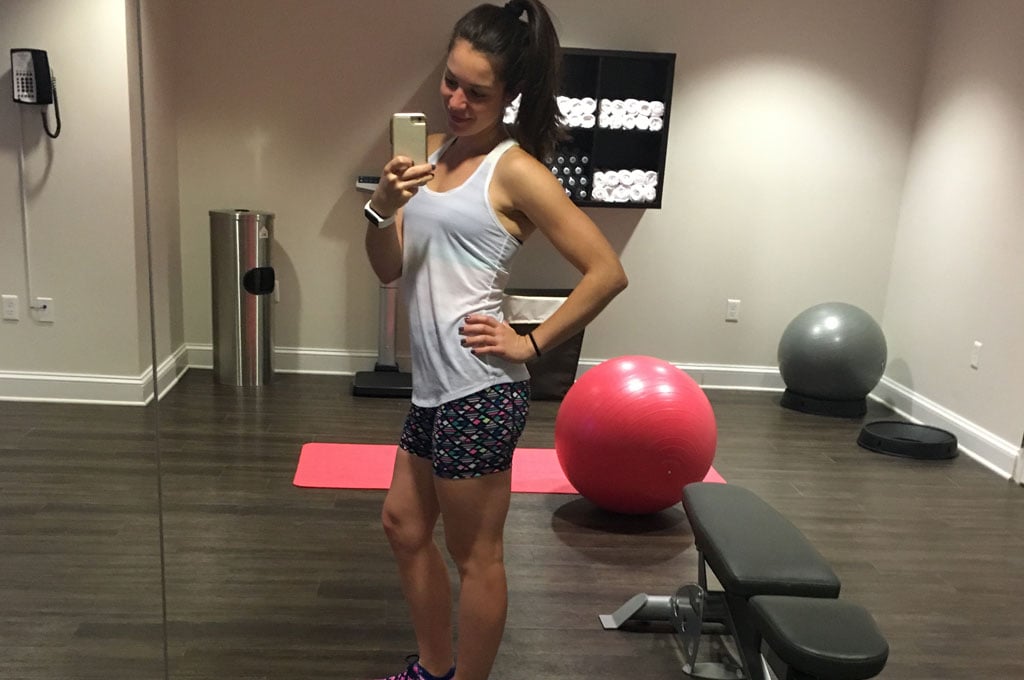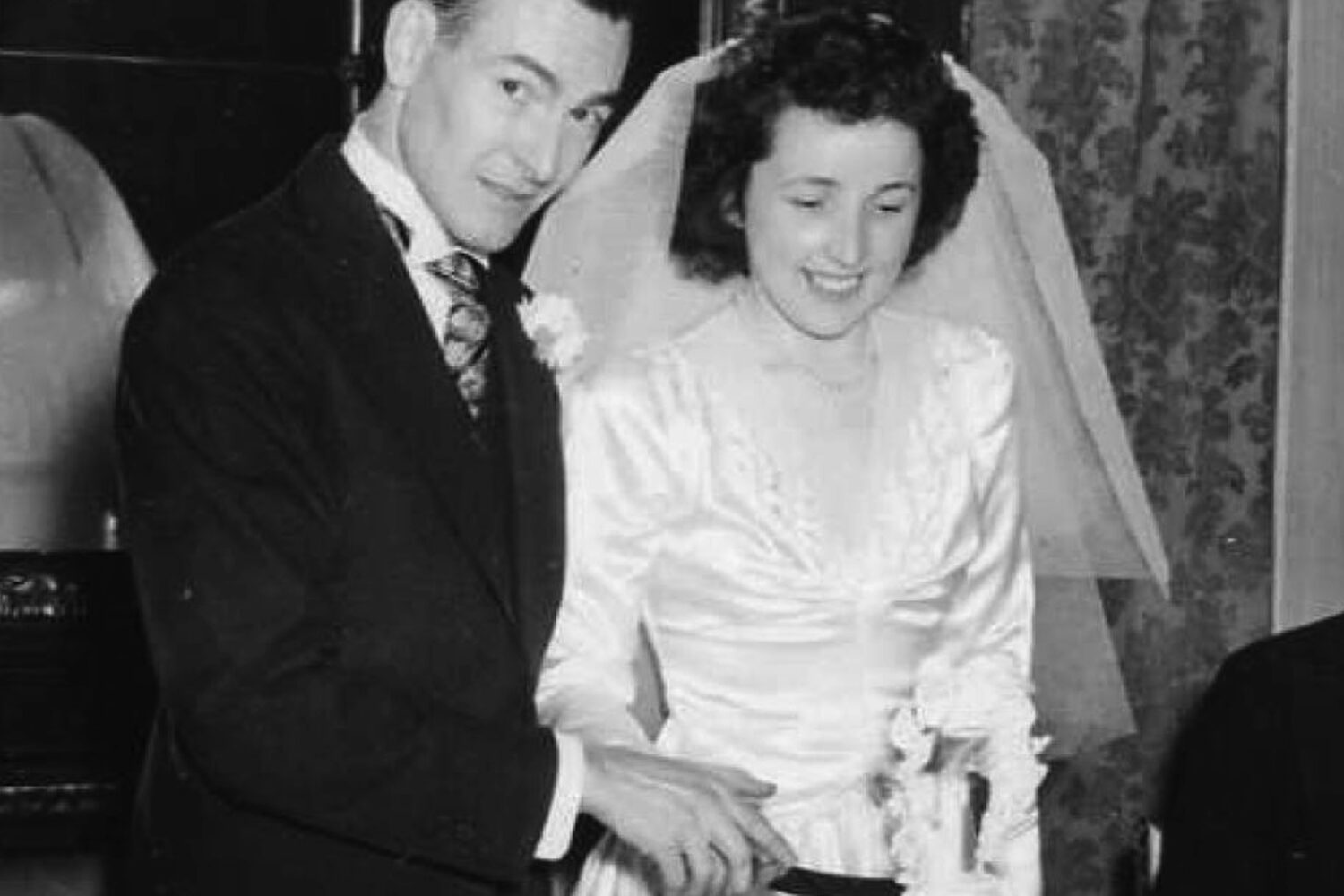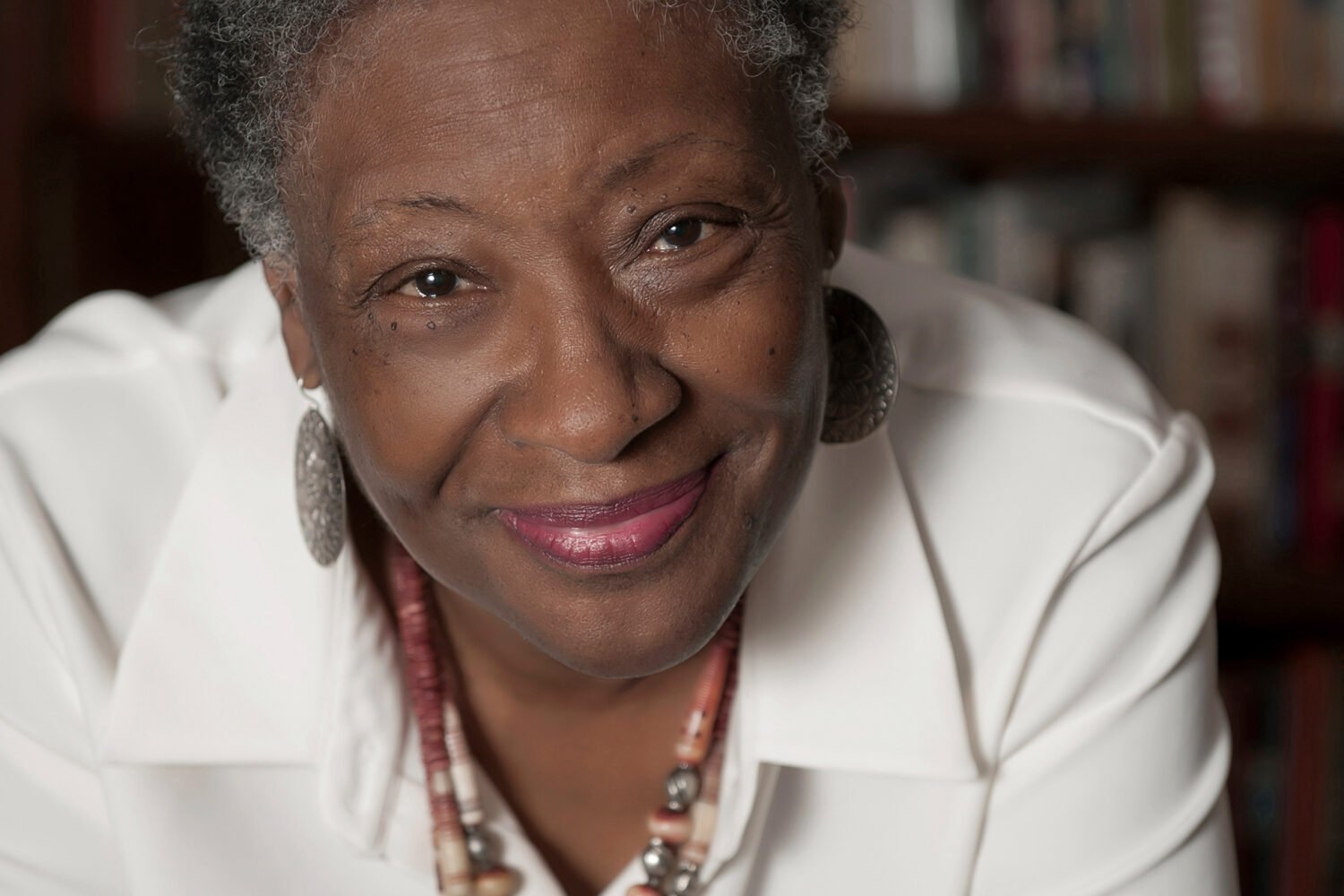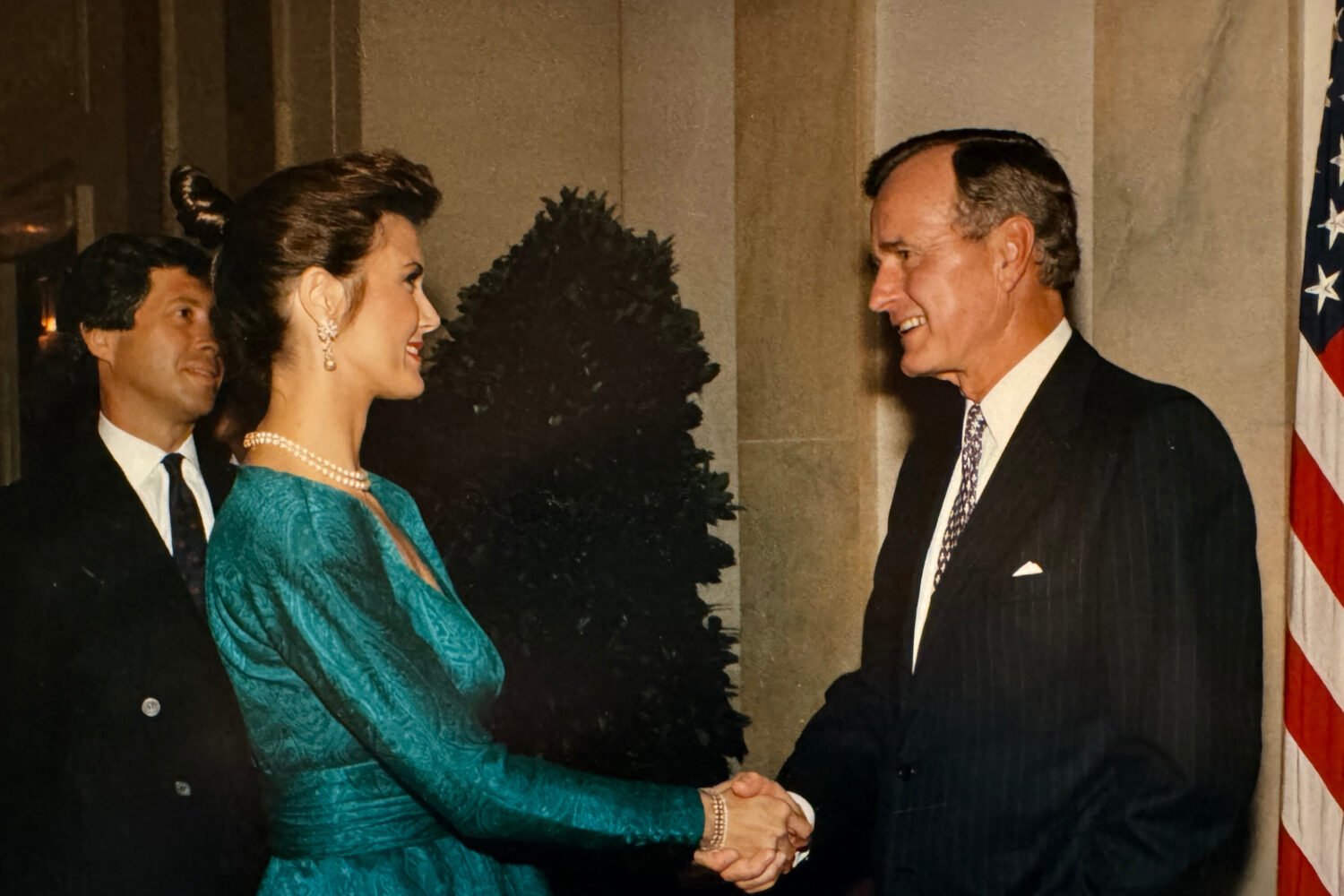Last October, I was getting ready to run. I’d signed up for a 10K on the C&O towpath in Georgetown with my boyfriend, Jordan. It was supposed to be a fun run after the half marathon I’d completed two weeks before. I had barely trained for the half, but I was in the best shape of my life, so I shocked myself by running the race faster than I ever had before.
Ten minutes before the 10K started, I began feeling sharp pains in my stomach. I told Jordan, “I think something is wrong. I really don’t feel well.” He chalked it up to the drinks at happy hour the night before and lack of sleep. “You’re right,” I said. “It’s not a big deal.”
We started running. I made it 15 feet, and then I collapsed. The pain was unimaginable. I was screaming out; I started vomiting and shaking, and I didn’t know what to do. Someone alerted a police officer, and he offered to call an ambulance.
I’m not very good at seeking medical help—I have always thought I’ll be fine. “I think I just need to get home,” I said. I tried to stand up, but the pain was too much. I fell back to the ground.
“Jordan, I think I’m dying,” I said, sobbing. “I don’t know what’s happening, but I think I’m going to die.”
He had already ordered an Uber, and I climbed in the back, screaming in agony. As soon as we got to the hospital, I started vomiting again. I think I was vomiting from the pain because it was so unbearable.
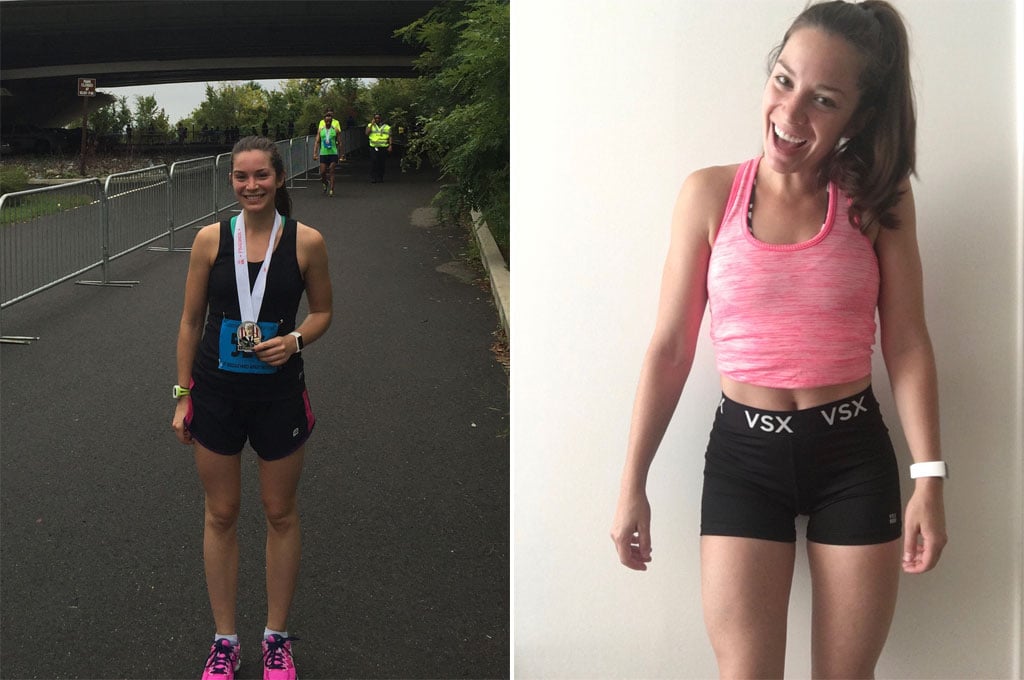
The doctors weren’t sure what was wrong with me. The terrible pain was in my stomach, so it was presumably kidney stones. They gave me a decent amount of morphine, and began to go through the diagnostics. As they ran the tests, I kept telling them, “My pain is getting worse. Whatever you’re doing, it’s making it worse.” So they kept giving me more morphine. At one point, the nurse told me, I don’t understand how you’re still awake because we gave you enough morphine to knock out a horse.
The last test was an ultrasound, and then I went back to my room. Time all felt sort of relative to me at this point—it felt like I’d been screaming for a year, but it had probably been a couple of hours. All of the sudden, a surgeon comes running into my room and says, We have to do surgery right now. At that point, I was on so much morphine it was hard for me to comprehend what was going on. They told me I had a tumor in my intestines, and it had caused something called intussusception. My intestines had folded in on themselves and cut off all the blood circulation, so part of my intestines had died—and once my intestines died, then the rest of my organs would follow. They rushed me into surgery, and ended up removing the tumor and a portion of my intestines. Afterwards, the surgeon told Jordan that I would have died within 24 hours had they not intervened.
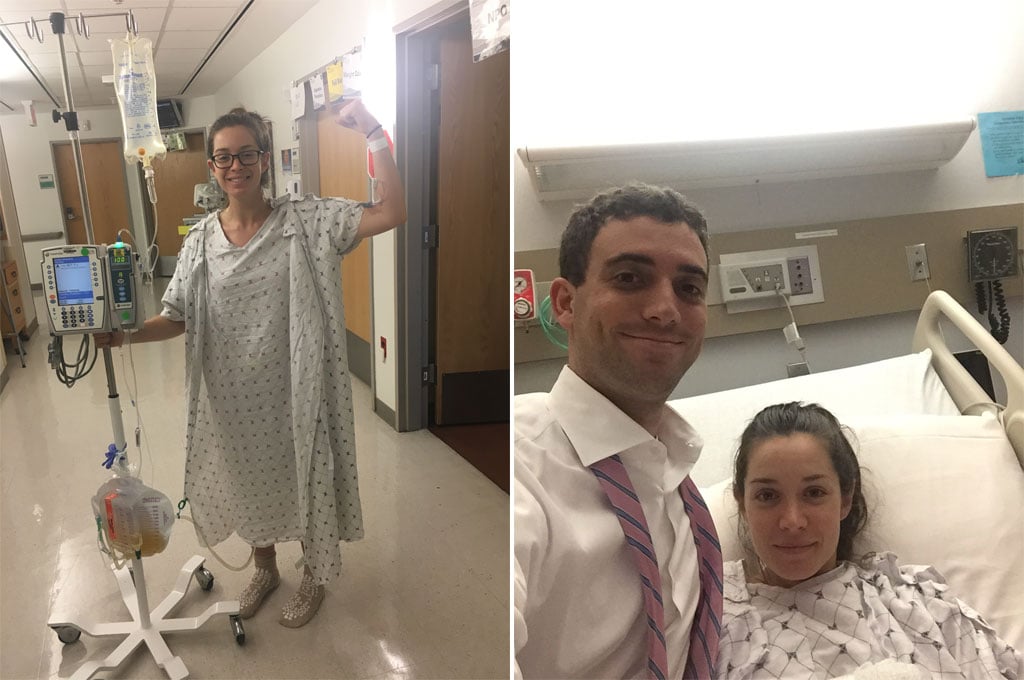
Road to Recovery
One of the first thoughts I had after waking up from surgery was: What will I do about work? About a month before this happened, I had started a new job at a law firm. I assumed because I was in such great shape and I was so healthy that I would recover faster than most people. But when I would ask the surgeon how long until I could go back to work and back to exercising, he said, I really don’t think you understand. It’s going to be a long time before you can do anything.
I was very lucky; as soon as I got home, my job called me and gave me seven weeks off to recover at home. And turns out, I needed it. Those first couple of weeks, I was essentially bedridden. It was very painful. Everything involves your core—I couldn’t stand up, I couldn’t walk. I couldn’t take a shower because I didn’t have the strength to hold my head up if my hair got wet. I couldn’t open the refrigerator because even pulling the door hurt, so I basically couldn’t eat. I lost ten pounds in five days.
The pain is something I expected and knew it was going to be awful. But the emotional recovery—that was the part that surprised me. After I left the hospital, everyone would come up to me and be like, Oh my god, it’s so amazing. We’re so happy that you’re alive and you got through this. You’re so lucky. I knew that was what I was supposed to feel, but it felt like the complete opposite. I was so angry at everybody who told me I was going to come back stronger than ever. Then I felt guilty, because I didn’t have that come-to-God moment after I almost died. Instead, I experienced an almost-unbearable rage. I realized I felt betrayed by my body.
This was the first time where I was like, Screw it, I don’t care anymore.
I had been injured before. A few years ago, I had hip surgery. But that was something I understood: I was training for a marathon, and my hips couldn’t take it. I wasn’t training my body the way I should have.
But when I tried to ask the doctor what caused the tumor and what I could have done to prevent it, his answer was infuriating: nothing. I was the healthiest and fittest I’ve ever been in my entire life. For the first time, I had abs. I could do push ups I could never do before. I was running faster than ever. But this happened despite everything. I’ve always been an ambitious, goal-oriented person, but I suddenly didn’t see the point of anything. I thought, If I have no control over anything in my life and I have no control over my body, and stuff like this can just happen, then I don’t see the point in doing anything. This could all happen again and I’ll die. That is very unlike my personality. This was the first time where I was like, Screw it, I don’t care anymore.
Turning Point
It wasn’t until a colleague from work contacted me that things changed. He asked me how I was doing, and instead of giving him my typical response of, “You know, I’m doing better every day,” at that point I was so angry and sick of saying the same thing that I offloaded on him over email, writing, I’m really, really mad and really, really sad, and I don’t understand why this happened. He was the first person to tell me it was normal and okay to feel this way. Just having someone tell me that I wasn’t horribly ungrateful was a turning point.
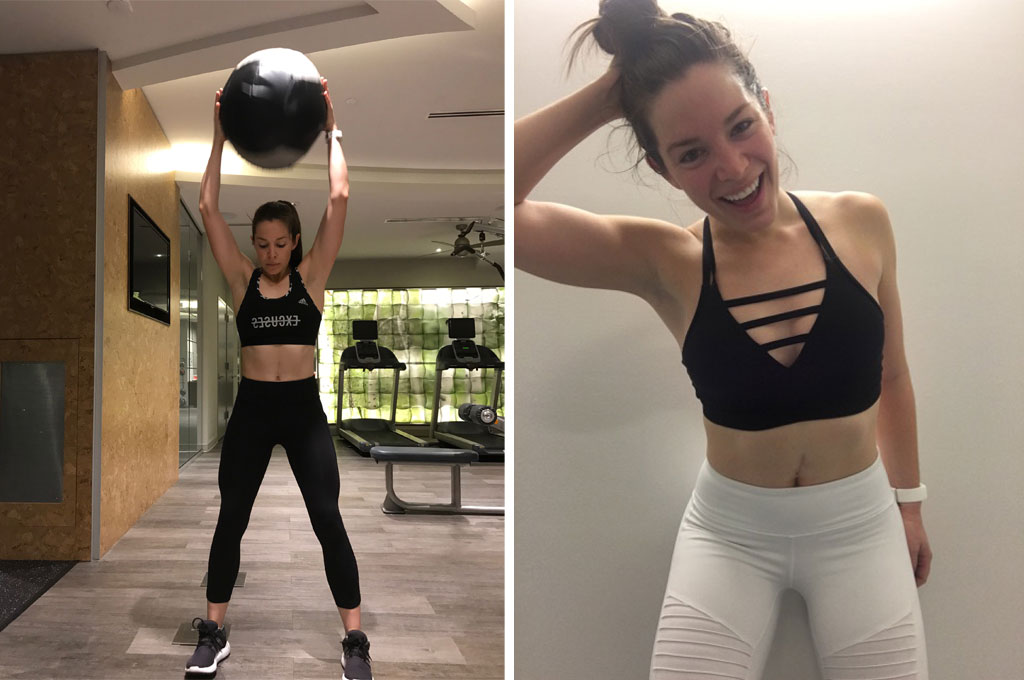
I finally started opening up to Jordan and a couple friends about how I really felt. I explained that I didn’t see the point of exercising and eating healthy anymore. If I could lose everything I’d worked for at any moment, then why bother? But he and other friends reminded me that I didn’t get into fitness because of that. I worked out because I loved it. I worked hard at my job because I loved it. And that’s when I realized: Maybe I won’t ever be the same person, and maybe something scary like this will happen to me again, but I can’t sit around waiting for it.
It was a lot of baby steps after that. About six weeks after my surgery, I was finally allowed to lift more than five pounds—though even then I was really only lifting the laundry detergent so I could finally wash my clothes. It was obvious that I’d lost a lot of muscle. I was skinny, but not in a good way—in a way like, Oh, I’ve lost everything I worked so hard for.
I realized that while being active may or may not prolong my life in the way I always thought it would, it still made me happy.
Around that same time, I was finally physically and emotionally ready to leave the apartment on my own. At first, I went on walks. I’m kind of type A, so I would set goals for myself. One day I’d go a few blocks, and the next day I’d set a goal to go two blocks further. Once I was ready to face the gym again, I started with very slow incline walking on the treadmill. At the very end of December, I finally tried to go back to my workouts. But that was a rude awakening—for some reason I assumed I would be able to do the same exercises I used to be able to do. Instead, I had to start from scratch and teach my body the movements all over again. It was definitely discouraging, but Jordan, who is now my fiancé, and the online fitness community were very supportive. They pushed me every day to get back to where they knew I could be.
At the end of the year, a friend was doing a group workout for her birthday, and she told me I should come. I went, but there were a lot of exercises I still couldn’t do. But being around the people and the activity I had loved so much was a good reminder. I realized that while being active may or may not prolong my life in the way I always thought it would, it still made me happy.
One Year Later
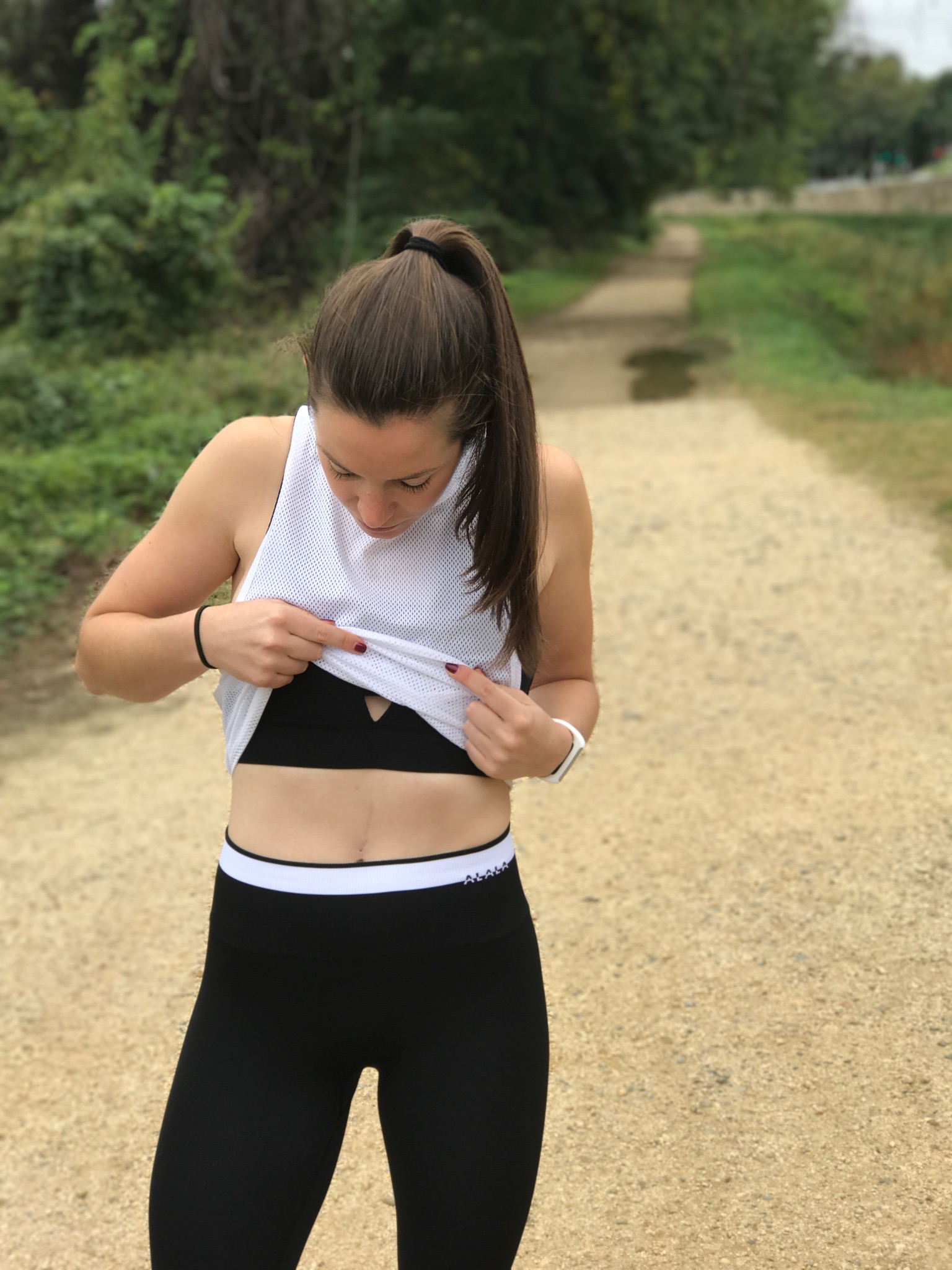
A year later, I still don’t think I’m back to where I was, fitness-wise. There’s certain areas of my body that are now stronger than they were before, but I never did get my abs back.
I’m not angry anymore, though. I think never knowing why this happened to me or if it could happen again will always be frustrating. While it took me a very long time to get back to feeling proud and strong and confident in my body, I am even more proud of the mental strength it took to get me where I am today. I could have given up, and I almost feel like that would have been understandable, but I didn’t. I still don’t think I’m so grateful for everything that happened and I’ve found this new sense of purpose for being alive. I don’t think I’ll ever feel that way, but I do think I’m stronger than I ever imagined.
As told to Caroline Cunningham.

